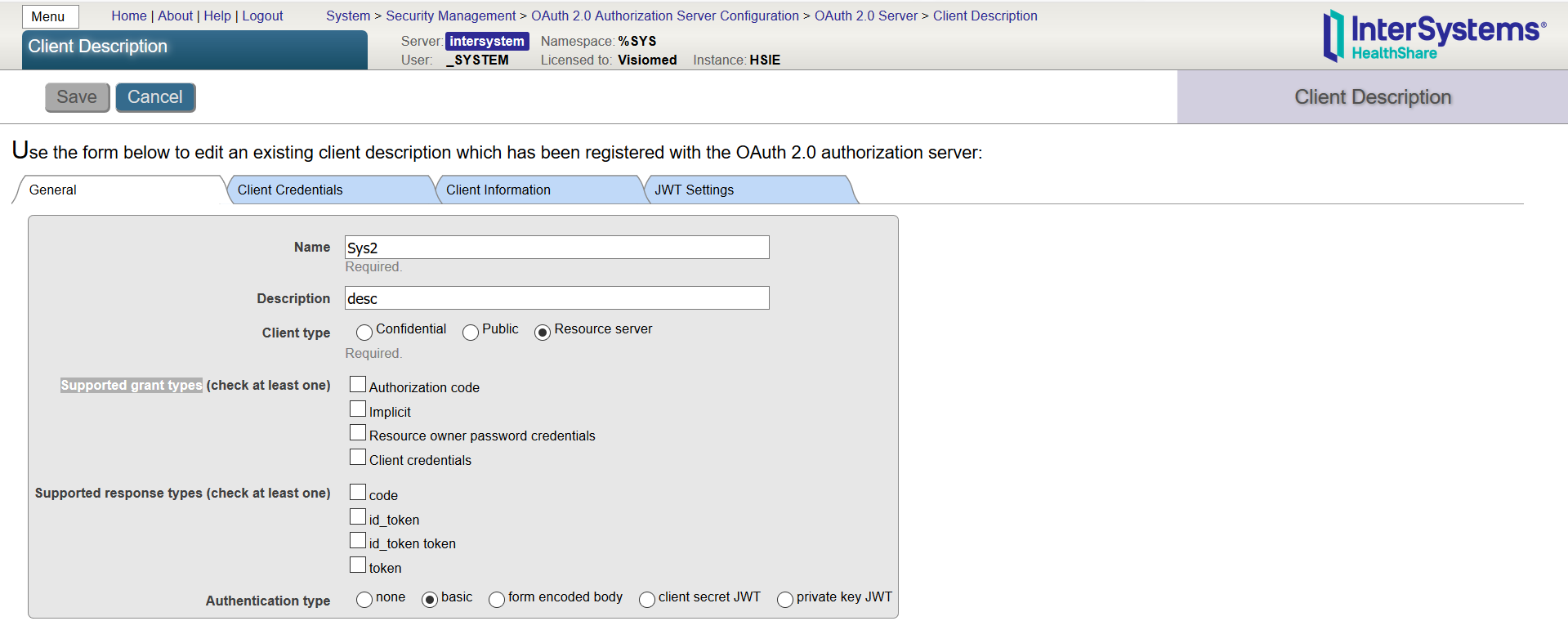Unless I'm mistaken, 2017.1 doesn't appear to support RFC 7523 (JSON Web Token Profile for OAuth 2.0 Client Authentication and Authorization Grants). Is that coming in 2017.2?
In order to support it in 2017.1, I'd have to override the OAuth 2.0 token endpoint to cater for the additional grant types - what's the best way to do this?
Thanks.



.png)
.png)